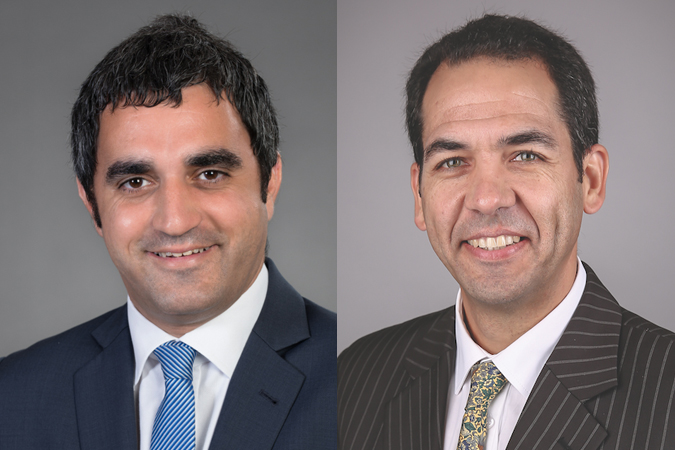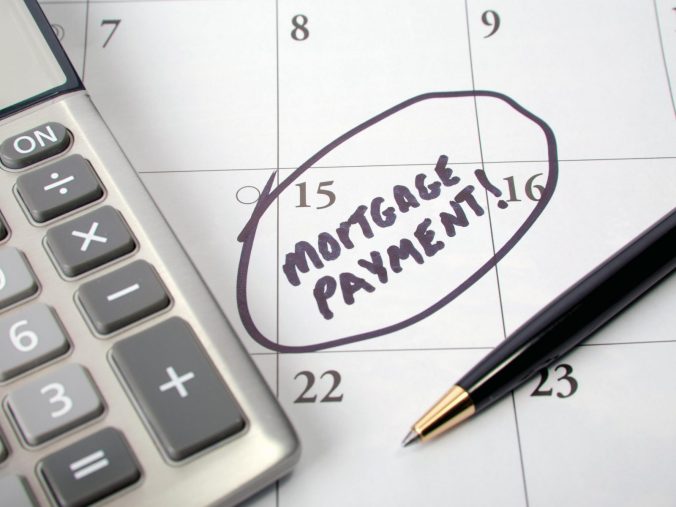
Your Rights As A UAE Tenant Or Homeowner During COVID-19 – Legal Facts From The Experts
The present pandemic facing large parts of the world has created unprecedented situations and challenges, and which has resulted in people, companies and government authorities having to deal with rapidly evolving situations, with very serious consequences.
If a person has had their employment terminated or their salary reduced as result of the affect of the pandemic on their employer, it naturally becomes more difficult or even impossible to make payments due on mortgages or rental agreements. Below, legal experts Micheal Kortbawi (Partner) and Robert Mitchley (Senior Associate) of BSA Ahmad Bin Hezam & Associates LLP, share some insight and advice in regards to your rights as a tenant or home owner.

Above: Micheal Kortbawi (Partner) and Robert Mitchley (Senior Associate) of BSA Ahmad Bin Hezam & Associates LLP
Mortgage Payments
There has been extensive discussion on the application of the principle of impossibility of performance, as a result of what is termed a force majeure event, on a contracting parties’ obligations set out in an agreement.
The starting point to determine the rights of any contracting party is the terms of the contract itself. However, for the purposes of establishing the mortgagor’s rights in the face of the present pandemic, a standard mortgage loan document will unlikely have any force majeure provisions. This is because the key obligation under the mortgage is the obligation to make the repayments to the mortgagee, which is not dependent on any other circumstance.
The result is that the possible remedy or solution for the mortgagor is likely to be found outside of the terms of the mortgage agreement.
The first option should be contact the mortgagee and attempt to negotiate a deferment of payments or possible restructuring of the mortgage. Banks in the UAE have been given a directive by the UAE Central Bank to implement measures to assist its clients and to treat client fairly in dealing with the adverse effects of the present situation. This has led to the published measures of the banks granting a payment deferment of at least 1 month, in respect of mortgage loans to individual clients, with the outstanding amount and the interest being spread over the remaining of period of the mortgage.

Image via: https://www.thebalance.com/
As some people may be affected more severely than others it is advisable to approach the bank, be open regarding your situation and attempt to reach a workable solution. It appears that given the unprecedented position which has arisen, everybody, including financial institutions and large business realize the need to work through these difficulties by adopting measures, which are not strictly according contractual terms. It is important to remember though that a mortgagor will not be excused from payment or have his loan reduced. Instead, the repayment terms are likely to be restructured slightly to allow the mortgagor time to improve his position.
If negotiation of a suitable restructuring arrangement or payment holiday is unsuccessful, a mortgagor may consider taking action under Art 249 of Federal Law No. 5/1985 (Civil Transactions Law), which may be an applicable remedy to contracting parties unable to make payment, given the present circumstances. This Article provides:
If exceptional circumstances of a public nature that could not have been foreseen occur, as a result of which performance of a contract becomes oppressive for a party, but not necessarily impossible, the judge (or arbitral tribunal in an arbitration) has discretion, after weighing the interests of each party, to reduce the obligation to a reasonable level if justice requires it.
A person would need to file a case (claim) seeking an order for the relief, envisaged under Article 249, which would be in the sole discretion of the Judge hearing the case.
That said it is not certain that this claim would be successful, even though the pandemic would not have been foreseen by either party. It is too soon to know how the Courts will apply these principles, if at all, to mortgage or lease agreements, under the present circumstances.
Rent Payments
Similarly, to the position regarding the mortgage loan repayments, a tenant faced with the challenge of having to make rent payments, would first need to consider the terms of their lease.
It appears, that for most tenants the relief or solution will lie outside the terms of the lease agreement.
The Judicial Councils of Abu Dhabi and Dubai have issued directives that no eviction matters may proceed in the two-month period of March and April 2020. This is a clear indication that the government is committed to the protection of tenants’ right to a home, and the unique challenges of the present circumstances.

Above: Getty Images
Outside of the abovementioned directives landlords appear to have realized that all parties have a duty and interest to work through this challenging time. There are reports that tenants have being allowed to terminate their lease agreement without penalty or free rental periods are being offered. It must be stressed that these measures are not being imposed on the landlords but are a consequence of the need for everybody to find practical solutions to the present situation.
The result is that a tenant needs to approach their landlord and seek agreement on practical measures on alleviating the effect of a tenant having lost his income and being unable to make payments.
Moving during the Sterilization Program
There would be many people facing the prospect of having scheduled a move to a new property during the sterilization program due to the expiry of their lease agreement. It appears that such a move is possible in Dubai, with a duly issued emergency permit. However, before making any arrangements with a moving company, it is advisable to make an application for such permit to ensure the tenant qualifies. There will still be the normal social distancing requirements, which everybody is advised to strictly adhere to.



